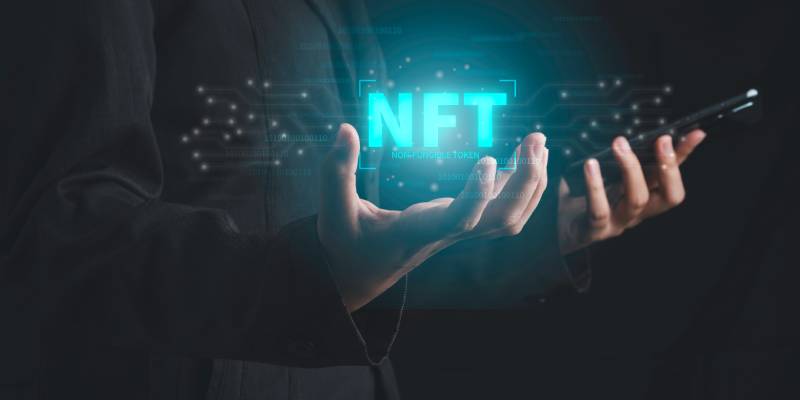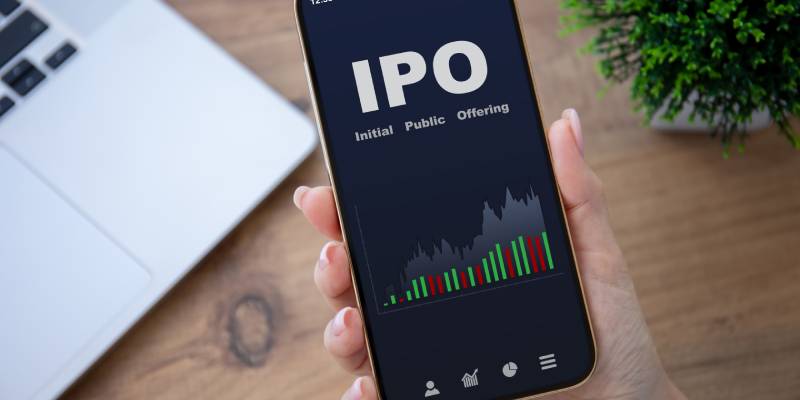Picture a future where you can invest in valuable assets as quickly as you buy company shares. Asset tokenization in trade finance makes this possible by turning asset rights into digital tokens on the blockchain. This change opens doors for you and others to diversify investments and access assets that were once hard to reach. Let us have a closer look at how blockchain technology drives this change and what it means for different types of tokens and the world of trade finance.
Understanding Asset Tokenization in Trade Finance
Asset tokenization transforms both physical and non-physical assets into blockchain tokens. This creates a way to own parts of an asset and enhances how easily it can be traded. These tokens symbolise ownership or rights, making them simple to transfer and exchange.
This process is reshaping access to investments. It lowers barriers, allowing many to invest in property, art, or ideas. It is a move towards a fairer financial world where chances to grow wealth are more widely available.
The impact of asset tokenization is vast, changing how we think about owning and investing in assets.
The Process and Types of Asset Tokenization
The tokenization journey starts with smart contracts. These are programmed agreements that self-execute, making deals more secure and quick.
Here is a glimpse into the tokenization process and token types
- Smart contracts launch the tokenization process.
- Fungible tokens are alike and can be split, which is suitable for assets that divide quickly.
- Non-fungible tokens (NFTs) are one-of-a-kind and suit assets like art or property.
Knowing these basics helps us see their place in the financial world, pointing to a connected future in asset management.

Benefits of Asset Tokenization in Trade Finance
A big win for asset tokenization is how it boosts liquidity. By splitting ownership, it opens up high-value assets to more investors.
Trade finance often has many go-betweens, making things complex and costly. Tokenization cuts through this using smart contracts on the blockchain, which automate many tasks. This not only makes deals smoother but also saves money for everyone.
Here are some key perks
- Tokenization improves liquidity through split ownership.
- It simplifies trade finance by cutting out intermediaries.
- It builds trust and safety with clear, lasting records of deals.
These advantages show the significant changes asset tokenization is bringing to the future of trade finance.
Enhanced Liquidity Through Asset Tokenization
Asset tokenization makes it easier to trade assets that are usually hard to sell. By turning these assets into tokens, they become more open to trade. Owning parts of assets lets more investors buy into markets that used to be too costly.
For example, a building can be split into many tokens, each a piece of the whole. Investors choose how much to buy based on the share size they want.
The broad reach of tokenization lets investments cross borders, linking an investor in one country to assets in another. This worldwide market not only grows the investor pool but also helps find fair prices, leading to better asset values.
Read More : DeFi in Trade Finance: A Game-Changer for Emerging Markets
Global Reach of Asset Tokenization in Finance
Tokenization’s impact on global finance is enormous. High-value assets are no longer just for the wealthy or big investors. Tokenization makes these assets easy for many to reach, allowing for varied investments.
Asset tokenization invites us all to invest wisely. An Asian investor could buy into European property, or an African startup could get funds from worldwide investors, all thanks to tokenized assets.
Emerging markets are now easier to invest in, thanks to tokenization. It opens up new places and types of assets, like property in growing areas or even natural resources.
Ensuring Security in Asset Tokenization
Blockchains unchanging nature is vital for safe asset tokenization. It keeps a permanent, checkable record of every deal, cutting down on fraud and mistakes. Staying within legal rules is also crucial for a safe tokenization space. With robust security, tokenization is ready to change many industries.
Asset Tokenization Real-world Applications
Asset tokenization is not just an idea. It is being used in real life
- Property tokenization lets many own parts of buildings.
- Art tokenization makes it simpler to own and trade artwork.
- Tokenizing financial items like shares and bonds widens market reach.
Tokenization is becoming a part of various asset types, setting the stage for a fairer and more transparent financial future.
Diverse Asset Classes and Tokenization
A range of assets can turn into tokens. Property is now open to more through tokenization, which lets many invest in buildings.
The art world is becoming fairer with tokenization, allowing more to own parts of valuable pieces. Ideas are another area where tokenization grows, giving creators and investors new ways to connect and gain.
Sports teams and resources also join the tokenization trend, offering new investment chances. With tokenization growth, we are seeing new investment options and the start of significant changes in trade finance.
The Future of Trade Finance Through Tokenization
Asset tokenization is a sign of new times in trade finance. It is changing ownership and investing.
Tokenization makes owning parts of assets more accessible, opening up new investment chances. It is a big step in how we own assets, not just an advance.
The future is close, with assets like shares, bonds, and ideas becoming digitized and tokenized, bringing new levels of openness and ease to the market.
Rules are evolving to keep up with asset tokenization in trade finance. As it grows, legal and tax issues are more crucial. Market users need to follow these rules to make the most of tokenization chances.
In conclusion, a future with digital and tokenized assets is about more than investment changes. It is about transforming whole sectors. Asset tokenization effects will be vast, from making trade finance smoother to opening new investment areas.
We can look forward to 24/7 global trading and fewer go-betweens. As we move into this new era, we must also be ready for challenges, especially security and complex rules.
As we approach this new stage in trade finance, It is clear that tokenization is more than a tech update. It is a move towards a fairer and more linked financial world.
Closing Thoughts on Asset Tokenization and Its Impact on Trade Finance
Asset tokenization is a significant force changing trade finance. We have seen how it turns all assets into digital tokens, increasing investment chances. This change is making the financial world fairer; its effects will touch every part of finance. From better liquidity to more straightforward global deals, tokenization in trade finance opens a world of chances. Security and rule-following are essential as they keep this digital growth safe. Let us move forward in this financial shift, learning and partnering together.
Trade finance advice provides insights into trade finance organizations. Visit to learn more about trade finance advisory



